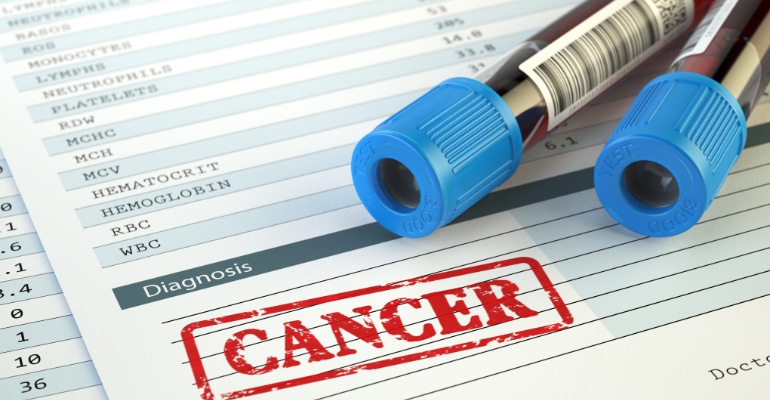The company commercialized the world's first proteomics-based breast cancer blood test in South Korea. Now it is expanding into the U.S. market.
October 13, 2022

Proteomics-based precision medicine technology company, Bertis, will expand its global presence by establishing a San Diego, CA-based CLIA-certified lab facility in early Q4 2022. The lab is expected to offer an expanding array of highly differentiated proteomics-based screening and diagnostic tests, as well as an analysis platform to integrate multi-omics data.
Bertis develops diagnostic solutions based on technology that combines proteomics and artificial intelligence. Proteomics is the study of proteins in the human body. It has the potential to identify subtypes of cancers and match patients with the most appropriate treatment strategy.
This technology has enabled the company to successfully commercialize Mastocheck, the world's first proteomics-based breast cancer blood test solution, in South Korea. It has been used at more than 170 health clinics and hospitals in Korea since it received marketing approval as an in vitro diagnostic medical device from the Ministry of Food and Drug Safety in January 2019.
Bertis said it is also developing an artificial intelligence and machine learning approach to maximize the use of protein information by discovering the 'dark matter' of the proteome, which is currently not accessible. The company's expertise in analyzing and interpreting the proteome is expected to enable the company to expand into additional applications and diseases such as ovarian cancer and pancreatic cancer, where there are high unmet medical needs in both detection and treatment.
The company’s research team recently presented protein biomarkers for early diagnosis of high-grade serous ovarian cancer (HGSOC) with 95% accuracy. The team identified 18 candidate proteins from quantifying 1,847 serum proteins, the highest number ever reported as ovarian cancer biomarker research results, through the company's technology platform. As a result of developing and evaluating a predictive model, the accuracy of the diagnostic value for stages 1 to 3 HGSOC was 95% (sensitivity 100%, specificity 91%) when the 18 candidate proteins were combined with multiple biomarkers, Bertis said.
The results of this study were published in the September issue of the Journal of Proteome Research by the American Chemical Society.
About the Author(s)
You May Also Like




